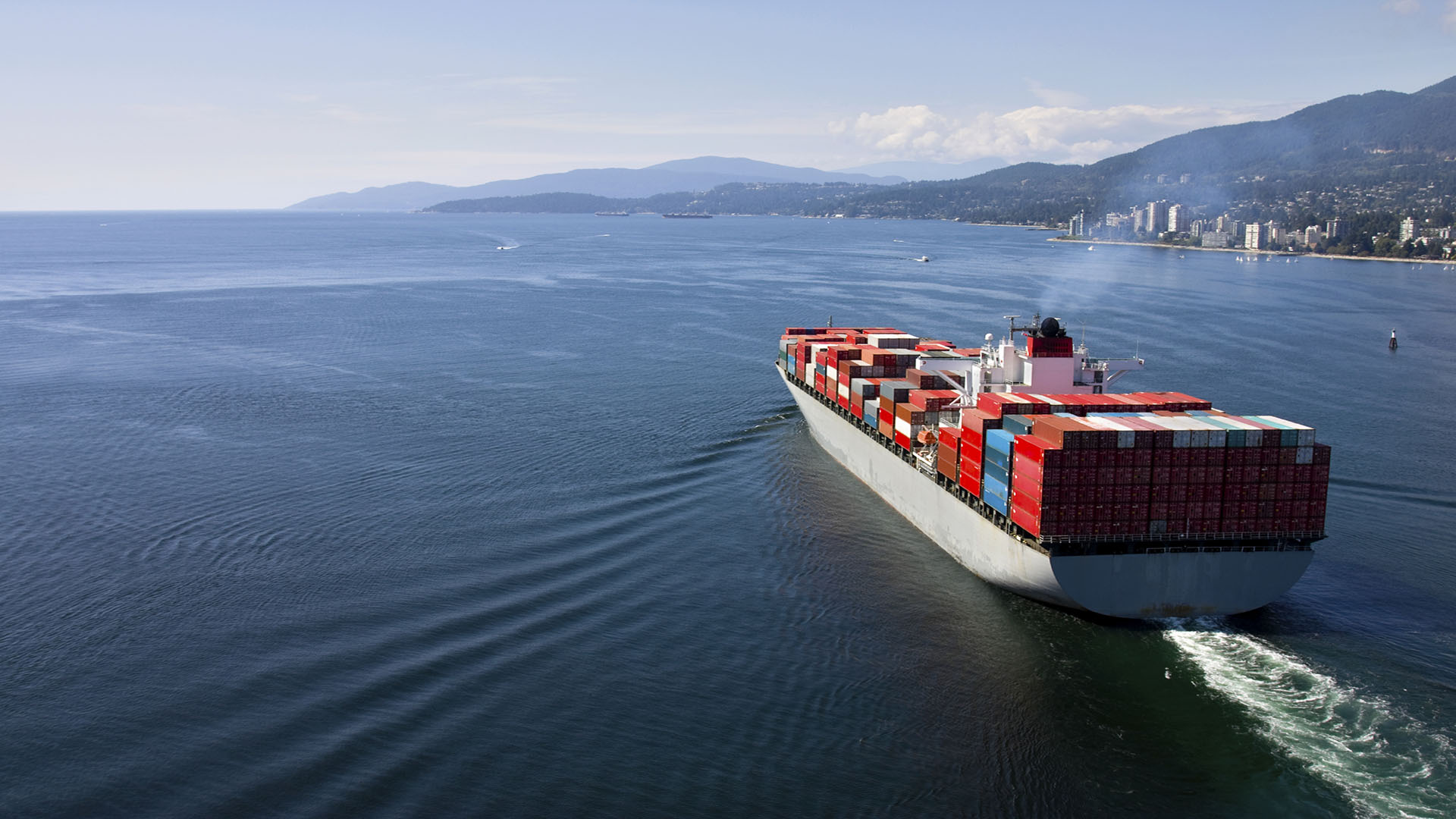
Coronavirus – legal guidance for Members (20 April 2020)

By: James Mackay, Claims Executive Consultant, The Swedish Club
This guide comments in general on some legal issues in relation to charterparties which members might encounter as a result of measures that are being imposed by national authorities in response to the outbreak and spread of the Coronavirus disease (Covid-19).
The World Health Organisation classified Covid-19 as a pandemic on 11 March 2020. The WHO website publishes practical guidance and contains situation reports: WHO – Health topics – Coronavirus
This guide is not intended to address these matters in detail nor be a comprehensive assessment of all potential issues arising under charterparties in relation to Covid-19, particularly as the situation is constantly changing. It addresses the issues from the perspective of English law. Members should also take into account the advice and guidance of local correspondents on practical, regulatory and procedural matters in operation at specific ports.
Port Safety
Time charterers may not order the vessel to an unsafe port in breach of an express or implied warranty in the charterparty. The test is whether at the time when the order is given the vessel can reach it, use it and return from it without being exposed to dangerous features that are not the result of an abnormal occurrence. There is also an obligation to change voyage orders if the port subsequently becomes unsafe before the vessel reaches it.
In some charters (the Baltime form, for example), there is an express prohibition on the charterer ordering the vessel to a port where fever or epidemics are prevalent. Where there is no express provision such as that, however, there is likely to be substantial doubt as to whether the safe port warranty permits the rejection of an order by reference to concerns about Covid-19. It involves questions of fact and law.
Generally, case law deals with the risk of physical damage to the vessel or detention due to political risks. In theory it is conceivable for a port to be unsafe if the spread of infection at the port would put vessels at risk of being disabled by crew sickness or would cause vessels calling at the port to be barred or detained at other ports.
Such scenarios, however, seem unlikely in practice: health risks can be avoided if the crew take proper and effective precautions. Although vessels might be subject to quarantine delays at subsequent ports, it is unlikely that they will be permanently “blacklisted”, detained or impounded. Also, it is questionable whether an outbreak of Covid-19 would be a feature of the affected port, rather than an abnormal occurrence.
Each case will be decided on its specific facts and will require careful consideration bearing in mind that the refusal of a legitimate order can constitute a repudiatory breach of the charter. Aside from that, if the vessel is laden, the owner will be subject to separate obligations to the shippers/consignees under the bill of lading contract to deliver the cargo at the contractual discharge port.
If an owner accepts a time charterer’s voyage orders in full knowledge of the unsafe features of the nominated port the owner may have waived the right to refuse to obey the order. This will not necessarily mean that the owner has waived the right to damages for breach of the safe port warranty or an indemnity for complying with the charterer’s orders.
The position is different for voyage charters, where the port has already been nominated without an express warranty of safety. The general view is that there is no implied warranty of safety under a voyage charter, and the charterer is not under a duty to re-nominate on grounds that the nominated port is unsafe.
Port Closure
If Covid-19 results in the closure of a port to marine traffic it will not be possible for a vessel on time charter to perform the charterer’s order to load or discharge cargo at the port and the charterer should give replacement orders.
In a voyage charter if the closure prevents the vessel from arriving at the port to load cargo before the end of the laycan period the likely outcome will be that the charter will be cancelled. If the discharge port is closed there will probably be a liberty which permits discharge of the cargo at some other port (e.g. “so near thereto as she may safely get”).
Also there is some protection for the owner in that situation under Article IV(2) of the Hague and Hague-Visby Rules (if incorporated into the charter) which states that neither the carrier nor the ship shall be responsible for loss or damage arising or resulting from: (h) quarantine restrictions; (j) strikes or lockouts or stoppage or restraint of labour from whatever cause, whether partial or general; (q) any other cause arising without the actual fault or privity of the carrier.
Delays
Delays in port to vessels in or arriving from affected areas might arise in relation to granting free pratique, the availability of pilots or quarantine arrangements. Precautions that owners may take to minimise the risk of such delays include making a pre-arrival declaration of health and documenting measures taken on board to reduce the risk of contamination. The allocation of risk between the owner and charterer for delays will depend on the relevant facts and the charterparty wording.
Time charterers are obliged to pay hire continuously throughout the charter period unless they can prove that an exception applies. Some examples of possible off hire events under the NYPE form are: “deficiency of men” where time is lost due to crew members being incapacitated/repatriated due to illness or the imposition of quarantine restrictions; delay caused by the refusal of free pratique as a result of suspected infection on the ship where off hire events extend to “any other cause whatsoever preventing the full working of the vessel”. In the Shelltime 4 form time lost due to “quarantine restrictions” is an explicit off hire event.
An owner may be entitled to an implied indemnity, arising from compliance with the time charterer’s orders to call at a port in an infected region, for losses resulting from consequential delays, including loss of income for off hire periods.
For a voyage charter, it is necessary to examine specific laytime / demurrage provisions and exceptions. A valid NOR requires the vessel to be physically and legally ready for cargo operations. While a “wifpon” (“whether in free pratique or not”) provision may permit NOR to be given before clearance has been granted by the health authorities, it probably does not override the common law position which prevents laytime from commencing if it is not simply an administrative formality but instead is specifically refused or delayed for reasons related to the health status of the crew .
It is possible that some charters may include provisions (including a force majeure clause) that exclude from the running of laytime or demurrage periods of delay directly caused by quarantine restrictions imposed on shore labour. The rules of construction should be examined to determine the applicability of such provisions.
It will only be in relatively rare cases that the doctrine of frustration will enable the parties to treat the charter as terminated for reasons related to Covit-19, including delay. For frustration to apply, the delay (or other circumstances related to Covit-19) must be of such nature and magnitude as to constitute an unforeseen event which makes it impossible to perform the charter or at least radically changes the nature of the contractual obligations outside the reasonable contemplation of the parties at the time of the fixture. Also, it must not be “self-induced” in the sense that the party seeking to rely on it cannot have made the performance impossible by its own choice.
Force Majeure
There is no English common law doctrine of force majeure which excuses a party from performing its contractual obligations (other than an event which brings the contract to an end under the doctrine of frustration). There can, however, be contractual terms which provide that a supervening event in a specified category beyond the control of one or both contracting parties may excuse non-performance or result in the cancellation of the charter.
The key points to consider in relation a force majeure clause is whether the non-performance of the obligation due to a Covid-19 issue fits within the force majeure wording (eg if force majeure events include “quarantine”, “embargo”, “disease” or “epidemic”) and the event itself, rather than a consequence of it, is the proximate cause of the party’s inability to perform its obligations by reason of circumstances which are beyond its control.
It is necessary to make a distinction between an event which prevents performance and one which renders performance more difficult or uncommercial. The latter event does not itself prevent performance but rather the non-performance is due to the party making a commercial choice to avoid loss of profit and will not meet the requirements of a force majeure clause which describes event that prevent performance of contractual obligations.
Recommended clauses
Both BIMCO and Intertanko have published clauses for use in charters which deal with infectious or contagious diseases. For further details, including accompanying guidance notes, see:
BIMCO – Infectious or contagious diseases clause for time charter parties 2015
INTERTANKO – Model Clauses Library
Coronavirus – legal guidance for Members »
The Swedish Club information site on Coronavirus, COVID-19 »
Member Alert is published by The Swedish Club as a service to members. While the information is believed correct, the Club cannot assume responsibility for completeness or accuracy.